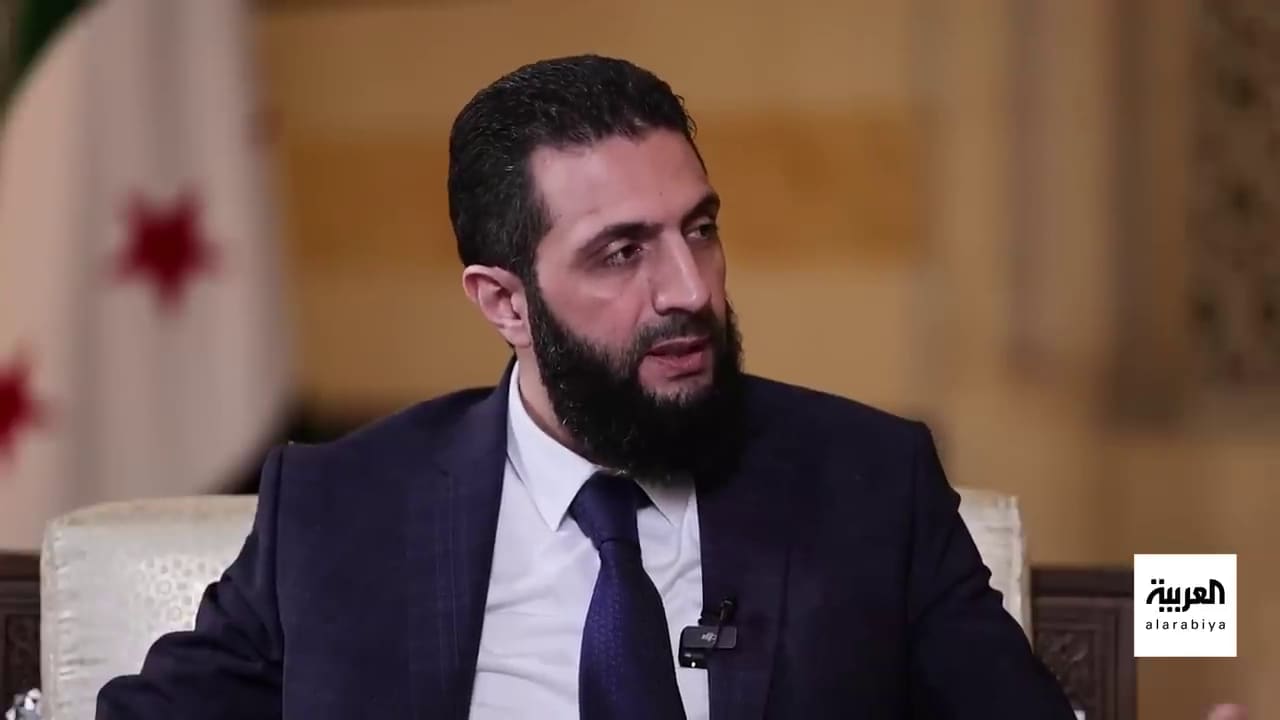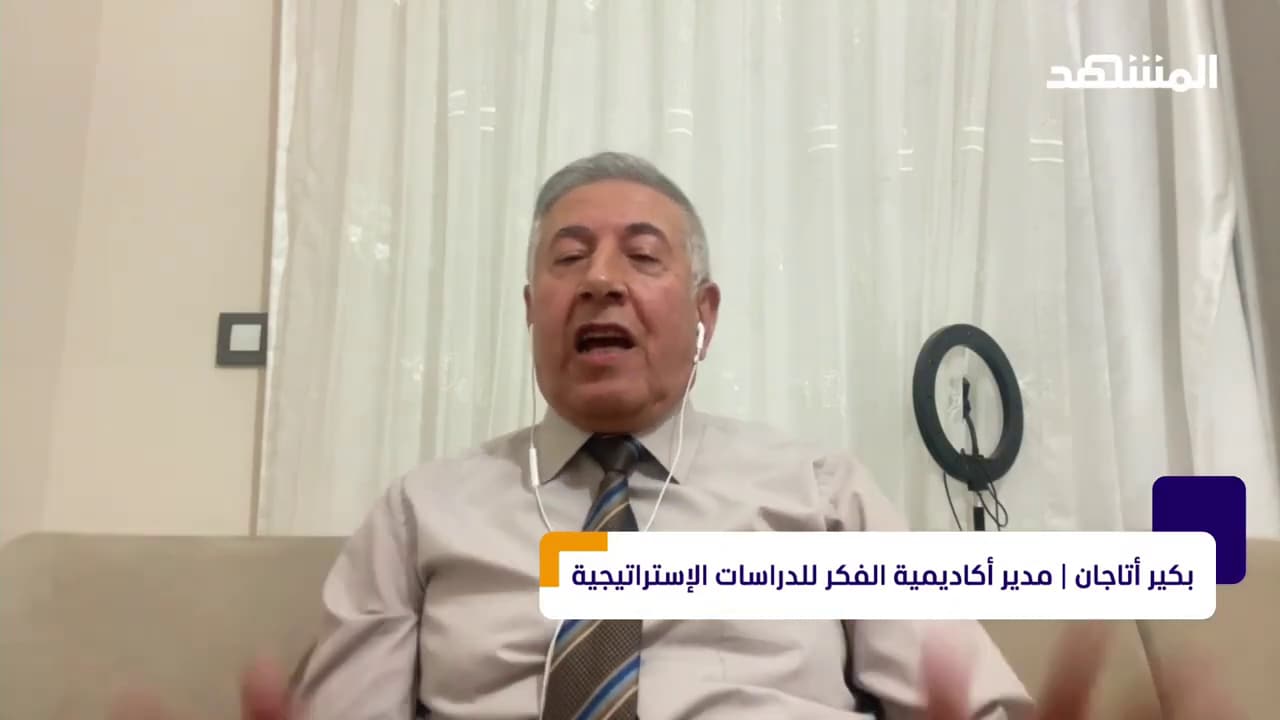
On the eve of the launching of Al-Arab TV, a Bahrain-based Saudi channel owned by Prince Al-Waleed bin Talal, veteran Saudi journalist Jamal Khashoggi, the,editor-in-chief of Al-Arab TV, was interviewed on Rotana TV. Khashoggi discussed the channel's editorial policy, stating that they would stick to journalistic standards of objectivity and refrain from using terms like "martyrs." Khashoggi criticized the harsh treatment of liberal blogger Raif Badawi by Saudi authorities. 24 hours after its launching, the channel went off air following an interview with Khalil Al-Marzooq, a member of the Bahraini opposition. Al-Arab TV claimed that the channel was closed due to "technical reasons."
Following are transcripts from the Rotana Kalijiyya TV interview, which aired on January 30, 2015
Interviewer: Let's talk about terminology and your editorial policy. Some people say "killed," while others say "martyred." Some say "ISIS," while others talk about the "Islamic State." Some use the term "aggression," while others say "attack." How will you deal with this?
Jamal Khashoggi: We held discussions about this, and I was very much in favor of adopting the same professional standards to which all independent newspapers and news agencies adhere. Killed or martyred? It is up to Allah to decide…
Interviewer: So we will not hear talk about martyrs?
Jamal Khashoggi: They are martyrs in the eyes of the Lord.
Interviewer: So we will not hear the word "martyr"?
Jamal Khashoggi: No, because it is a matter of perspective. Why should one person be "martyred" and another "killed"? Am I supposed to call a Saudi soldier who is killed a "martyr," but when the casualty is Egyptian, I should only say "killed"?
Interviewer: When Saudi soldiers are killed like the ones killed by ISIS in 'Arar – won't you call them "martyrs"?
Jamal Khashoggi: An independent TV channel should not call anyone a "martyr" in the news. The legal term is "killed."
Interviewer: What about people killed in Palestine, to whom the entire nation refers as "martyrs killed by Israeli aggression"?
Jamal Khashoggi: Perhaps we will call them "victims of an Israeli attack," but I would prefer to refrain from using the term "martyrs." It is very difficult to maintain one's neutrality, as one should, although I cannot be entirely neutral when my country or my Palestinian brother is attacked.
Interviewer: What will be your position regarding crises involving Saudi Arabia? Will you defend Saudi Arabia and its interests, or will you just broadcast the news as is? At the end of the day, your cannel is owned by a Saudi, with a Saudi CEO, and a Saudi editor-in-chief and general manager, which is you.
Jamal Khashoggi: Saudi Arabia has official TV channels that do all that. Given that the channel's owner and manager are Saudis, our sentiments will naturally lie with our country if, God forbid, it is attacked…
Interviewer: What will the viewers see on their screens?
Jamal Khashoggi: They will see the news, but we will always try to avoid propaganda.
[…]
There are some good people who support reform in Saudi Arabia. They did not take up arms and did not harm anybody, yet they found themselves in prison and received [harsh] sentences. It is my hope that the king will review their cases. Saudi Arabia does not need to be cited by the world as a country that holds prisoners of conscience.
Anyone who takes up arms against the country or the regime deserves to be tried in a court of law, but a person who loves this country but holds reformist views – we should accept him. Take, for example, the mistake… Let's not say "mistake"… Take, for example, the story of Raif Badawi. Look what damage has been done to the reputation of Saudi Arabia for something that should not have happened in the first place.
Interviewer: According to the official statement, he was involved in affronts against Allah and the Prophet Muhammad. Don't you think that in this case, he deserves the sentence?
Jamal Khashoggi: This is what the official statement said, but he said in his defense that he was the administrator of a website, and could not be held responsible for everything posted there. They could have done things differently, while still holding him accountable. 1,000 lashes?! The Prophet Muhammad said that no one should receive more than 10. We could have done without this.
Interviewer: Do you hope that the king's amnesty will include Raif Badawi?
Jamal Khashoggi: Yes. We can do without this and similar cases, which take their toll on us. Some say: "What do we care what the rest of the world thinks?" So why did we care so much when Obama visited Saudi Arabia? We are a part of this world, and we interconnect with it. The world is important to us. We have allies in the world.
[…]
Interviewer: Will your channel agree to air an interview with Abu Bakr Al-Baghdadi, for example?
Jamal Khashoggi: If Al-Baghdadi agreed, we would interview him first thing tomorrow morning.
Interviewer: You would?
Jamal Khashoggi: Yes, I would deal with him professionally, as a journalist. That would be a scoop. Everybody would be talking about us.
[…]













